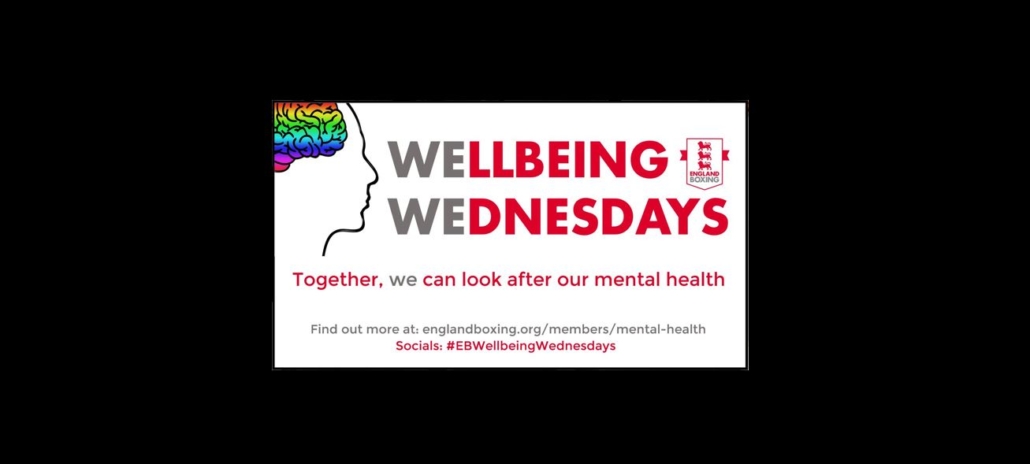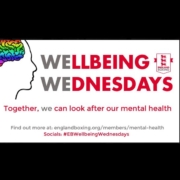
Wellbeing Wednesdays week 10 – the power of sleep
January 13, 2021 | by Chris Boyd
Just like water, food and breathing, our body needs sleep – in order to recharge and reset. This week, we are looking at why sleep is important and will give you some tips to help aid your sleep.
The Science
Sleep accounts for one-quarter to one-third of a human’s lifespan.
What happens when we are asleep?
When your head hits the pillow, you would think you would be surrendering your mind to the day which has taken place and switching off. However, sleep is a period in which our brain is engaged in a number of practices which are essential to life.
Throughout sleep, your brain moves through two different types of sleep: REM (rapid eye movement, not the rock band) and non-REM sleep.
REM
People enter this stage of sleep within the first 90 minutes of falling to sleep. This stage of sleep repeats itself several times during the night. In fact, it makes up around 20 to 25 percent of an adult’s nightly sleep.
During REM, your body and brain goes through several changes:
- Rapid movement of the eyes
- Fast and irregular breathing
- Increased heart rate
- Changes in body temperature
- Increased blood pressure
- Brain activity similar to when we are awake
Non-REM
Before entering the REM stage of sleep phase, you go through the following stages, which last for five to 15 minutes:
- Stage 1 – The stage between being awake or asleep or very light sleep.
- Stage 2 – A slightly deeper sleep. Body temperature drops and heart rate slows down.
- Stages 3 and 4 – A state of deep and restorative sleep known as slow wave sleep or delta sleep. This is stage of sleep where the body repairs and grows tissue.

How much sleep do we need?
Dependent on our age, we need different amounts of sleep for our bodies to function to the highest standard. The table outlines how much sleep you ideally need:
| Newborn to 3 months old | 14 – 17 hrs | |
| 4 to 11 months old | 12 – 15 hrs | |
| 1 to 2 years old | 11 – 14 hrs | |
| 3 to 5 years old | 10 – 13 hrs | |
| 6 to 13 years old | 9 – 11 hrs | |
| 14 to 17 years old | 8 – 10 hrs | |
| Young adults (18 to 25 years old) | 7 – 9 hrs | |
| Adults (26 to 64 years old) | 7 – 9 hrs | |
| Older adults (65+) | 7 – 8 hrs |
The importance of sleep
The quality of your sleep at night can affect your mental and physical health and how you function in the day. Sleep impacts your productivity, emotional balance, brain and heart health, immune function, creativity and vitality. No other activity has as many benefits.
Sleep and health are strongly related – poor sleep can increase the risk of having poor health and poor health can make it harder to sleep.

How to sleep better
Follow these steps to aid a better nights sleep:
- Stick to a sleep schedule – We need a targeted sleep time each day, however if you aren’t sleepy you shouldn’t go to bed, we should continue to wind down. A consistent wake up time is really important, with no more one and a half hour lie in.
- Create a restful sleeping environment – Your bedroom should be a peaceful and restful place to sleep.
- Make sure your bed is comfortable – It’s difficult to sleep on a mattress that is too soft or too hard, or bed that is too small or old.
- Exercise regularly – Moderate exercise on a regular basis can help relieve some tension. However, make sure you don’t do too much vigorous exercise too close to bedtime.
- Cut down on caffeine .
- Do not over-indulge .
- Do not smoke.
- Try to relax before bed.
- Write down your worries.
- If you cannot sleep get up.
Sleep expert James Wilson who works within the English Institute of Sport (EIS) at Sheffield, has sent the Mental Health Lead for England Boxing a podcast and his YouTube channel with lots of useful information on sleep.
You can access that below:
Other useful things to try
- A Sleep playlist – Spotify – Deep Sleep is one such example. You can find more playlists by Googling or using any other music streaming service.
- A bedtime meditation – Meditation to Fall Asleep in 10 Minutes – Bing video is an example. However, find one which suits you best.
- A warm bath – See last’s week Wellbeing Wednesday… Wellbeing Wednesdays week 9 – the healing power of water – England Boxing.
However you sleep, remember that sleep is one of the most important functions for the human body.
Remember: stay safe, be kind and sleep well.
Share your ideas and experiences
We want you to share your ideas and stories with us too. Please email your stories, ideas, videos and photos to boxinmind@englandboxing.org, or share on your social media using the hash tag #EBWellbeingWednesdays
Find out more
You can discover more by going to the England Boxing Mental Health website page and also find ideas to keep fit physically on our Stay Active page.












